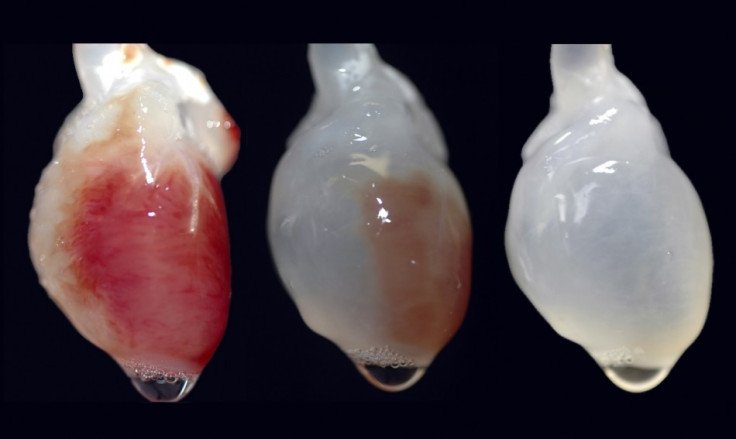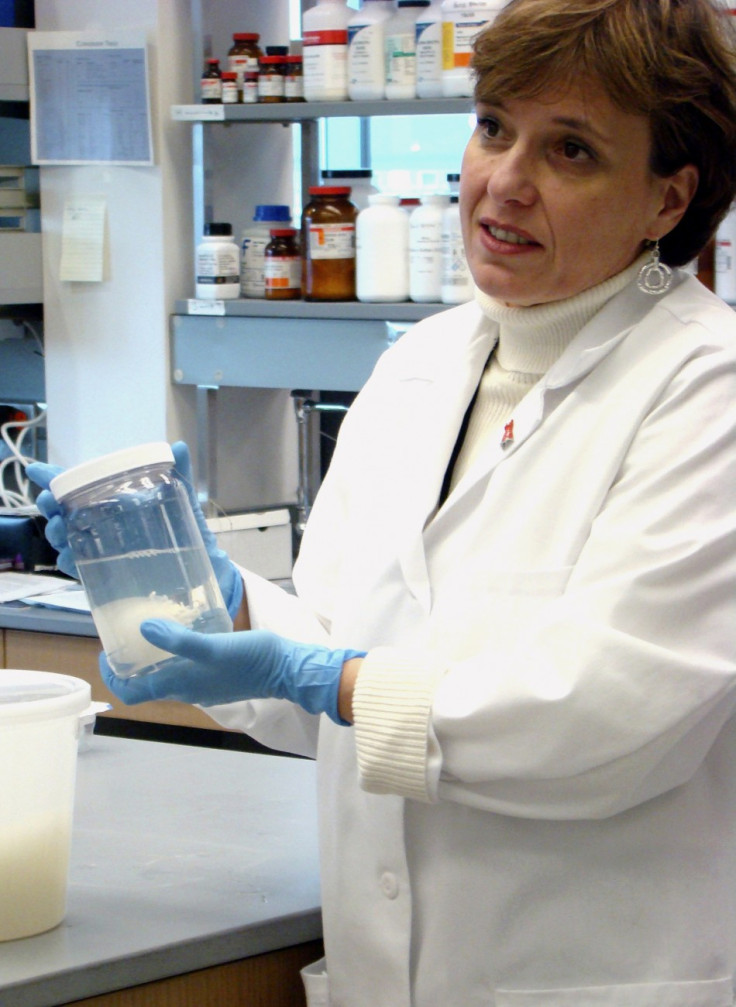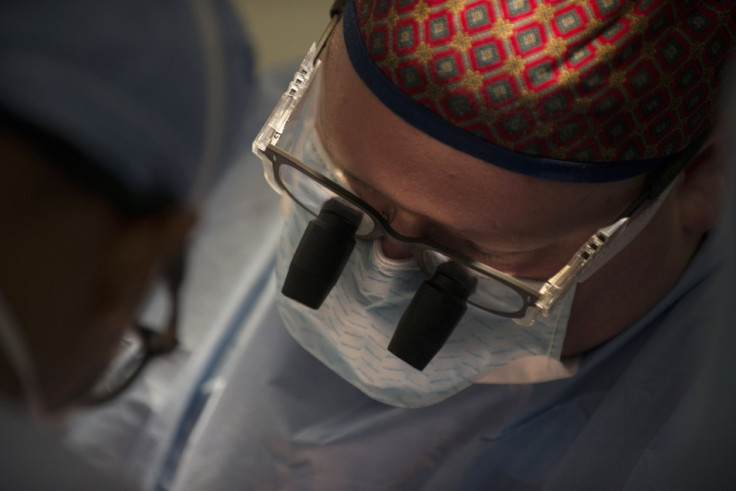Custom-Made Organs to be Grown in Lab 'Within 10 Years'

Scientists are becoming increasingly able to grow body parts for humans in the laboratory, meaning the reliance on organ donors could one day be a thing of the past.
Researchers are able to implant body parts that have been grown in laboratories but these are generally simple structures, so experts are now looking to grow more complex organs such as lungs, livers and kidneys through cell technology.
Harald Ott, from Massachusetts General Hospital, said it was technically possible to place cells on to a scaffold shaped like an organ then "regenerate an organ that will not be rejected and can be grown on demand and transplanted surgically, similar to a donor organ".
The technology exists to allow surgeons to use a patient's own cells to repair a knee cartilage while burn victims can be treated with skin grown in laboratories.
Dozens of people have had bladders made from their own cells successfully transplanted. In another recent case, a 3D printer was used to create a splint for a trachea of a baby with a life-threatening illness that helped his bronchus grow normally.
Anthony Atala, who builds prototype kidneys with a 3D printer, said it will be several years before printed organs will be used on patients, but noted that there are other methods of growing organs.

One of these involves cell replacement. In it, cells are washed from the organ's scaffolding and then new cells are planted within the scaffolding.
"It's almost like taking an apartment building, moving everybody out and then really trying to repopulate that apartment building with different cells," John LaMattina, of the University of Maryland, said.
This approach can also be used to humanise pig organs so they can be used in human transplants. Doris Taylor, of the Texas Heart Institute in Houston, uses this approach. "I believe the future [of transplantation] is a pig matrix covered with your own cells," she said.
Both Ott and LaMattina said the first human studies of lab-grown organs would begin in five to 10 years, although they admitted that could be wishful thinking.
"You have to be an optimist in this job," LaMattina said.
Donors are still needed. In the US, over 118,000 people are on waiting lists for organs and thousands will die before they get a transplant - up to 10,000 people die every year without registering as an organ donor.

Researchers at Johns Hopkins University in Baltimore have found that registration is boosted significantly following social media campaigns. They witnessed a 21-fold increase in a single day when Facebook users were able to share their donor status online.
Facebook developed a way for users to share their status as well as providing easy links to register as a donor on department of motor vehicle websites.
Andrew Cameron, study leader, said: "The short-term response was incredibly dramatic, unlike anything we had ever seen before in campaigns to increase the organ donation rate. And at the end of two weeks, the number of new organ donors was still climbing at twice the normal rate.
"The need for donor organs vastly outpaces the available supply and this could be a way to change that equation."
© Copyright IBTimes 2025. All rights reserved.




















